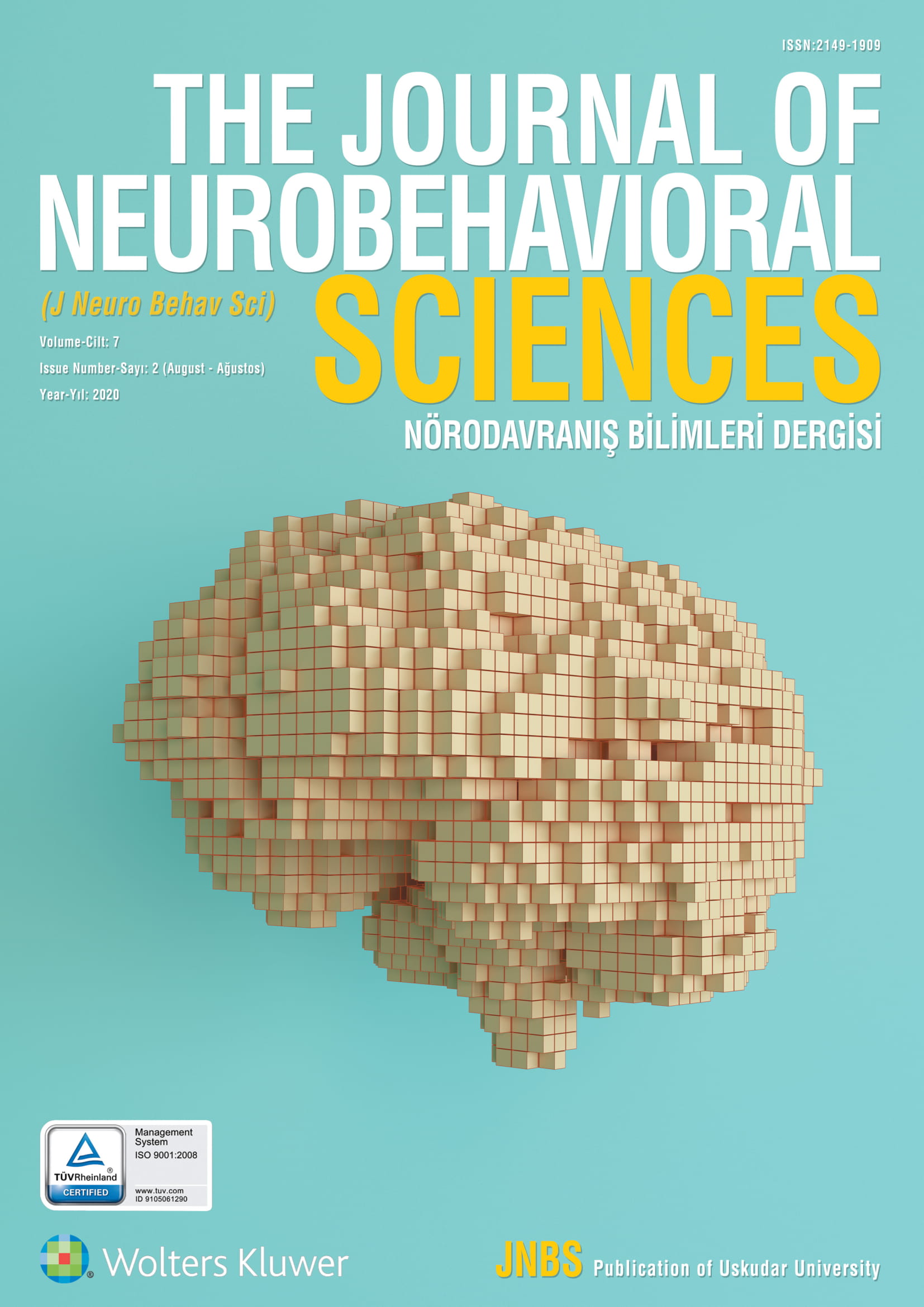
The Journal of Neurobehavioral Sciences
Yazarlar: İz Filiz, Kulacaoglu Filiz
Konular:-
Anahtar Kelimeler:-
Özet: Coronavirus disease 2019 (COVID-19) has become a pandemic with 8.708.000 confirmed cases and, 461.715 death in the world until 21 June 2020. The SARS-CoV-2 virus which is an enveloped and single-stranded RNA virus belonging to Coronaviridea family causes multiple organ systems diseases such as respiratory, gastrointestinal, hepatic and neurological tracts in humans and, animals. With the rapid and global spread of COVID-19, the scientific authorities have developed treatment algorithms for COVID-19. Besides the supportive care, chloroquine, hydroxychloroquine, lopinavir/ritonavir, favipiravir, tocilizumab, azithromycin, vitamin C, Convalescent plasma therapy are frequently used off-label to treat COVID-19. For severe COVID-19 cases, US Food and Drug Administration (FDA) has issued an Emergency Use Authorization (EUA) Remdesivir, which is the first drug to earn the title. COVID-19 treatment may cause many side effects and drug interactions. Psychiatric diseases are also chronic diseases and psychiatric drugs may have severe interactions with COVID-19 medications. Drug interactions with psychiatric medication and neuropsychiatric side effects should be considered within the action mechanism of COVID-19 treatments. Thus, In this review, we aimed to elucidate the interactions of COVID-19 medications with the antidepressants, antipsychotics and, the other psychotropic drugs that have been frequently used in psychiatric diseases. Chloroquine, hydroxychloroquine, azithromycin, ribavirin, lopinavir/ritonavir have interactions with psychiatric medications such as antidepressants, antipsychotics, anticonvulsants and, anxiolytics in terms of QTc interval prolongation, hepatotoxicity, myelosuppression, increased or decreased concentration of medications. Remdesivir has lower interactions with most of the psychiatric drugs except St John’s Wort and some anticonvulsants. However, favipiravir is considered as the COVID-19 medication which has lower interaction and side effects in combination with psychiatric medication. The use of tocilizumab is also safe with most of the psychiatric drugs and has a positive effect on depressive symptoms, although there is a risk of hepatotoxicity.